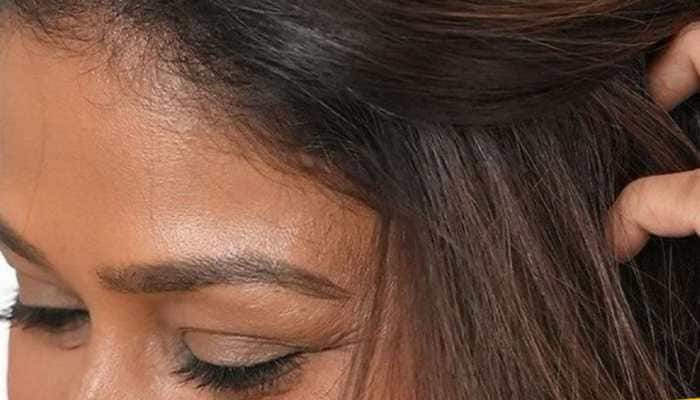Toxic Trolls: How Social Media is Amplifying Body Shaming Effects on Youths
While social media has become a platform for self-expression, body shaming has taken on a pervasive form. Whereas people previously had to encounter body judgments face to face, researchers now find that body shaming and self-objectification are occurring largely through the media in the form of trolls.
Trending Photos
)
A few months ago, when UP Class 10 Topper, Prachi Nigam, faced online mockery for her physical attributes, it highlighted how social media is becoming a platform where people are judged based on their looks rather than their achievements.
Body shaming, which involves mocking or criticizing someone’s physical appearance based on beauty standards set by society, is making life tougher for people, especially the youth. They are statistically more prone to depression, anxiety, and eating disorders.
Psychological Impacts of Body Shaming
Research has found that people who face body shaming often experience low self-esteem, anxiety, and depression. Eating disorders such as anorexia and bulimia, and the pressure to conform to the "ideal" beauty standard, are concerning effects that can result from being body-shamed.
Another severe mental health concern is body dysmorphia, a condition where a person becomes excessively concerned about negative self-image.
Social Media
A study conducted by the American Psychological Association found that 50 percent of teens and young adults saw improvements in their body image after reducing their use of social media.
On average, a person spends 6-8 hours daily on their smartphones, indicating active brain involvement in our daily consumption. The more we are exposed to images that promote standard beauty ideals, the more likely our brains are to start believing them as true.
Algorithms
Social media algorithms are another factor behind the adverse effects on body image. These algorithms customize our feeds based on what we desire or are influenced to like. They are designed to increase user engagement, which can inadvertently amplify harmful content, including body-shaming posts.
Addressing Trolls and Promoting a Healthier Environment
Body shaming is prevalent, but you don’t have to be a part of it. Choosing to stand against body shaming is an initial step in creating a safe and healthy social media environment. Here are some significant steps that can make a big difference:
- Promoting Body Positivity
Everybody is unique and beautiful. Encouraging the acceptance and celebration of diversity in shape and appearance, and focusing on health instead of size or weight, can indeed create a more inclusive space.
- Practicing Body Neutrality
This practice promotes the notion of accepting the body just the way it is, without casting any judgment, either good or bad, on it. This approach allows you to remain more body-positive and feel grateful for your body.
- Speaking Up
It’s crucial to voice out against trolls and body shaming. If you see any comments on someone’s post that critique their appearance, whether about their clothing, age, or other preferences, gently let the troll know how unkind it is to body shame.
By taking these steps, we can collectively contribute to a healthier, more inclusive media environment that values individuals for who they are rather than how they look.
Stay informed on all the latest news, real-time breaking news updates, and follow all the important headlines in india news and world News on Zee News.
Live Tv







)
)
)
)
)
)
)
)
)
)
